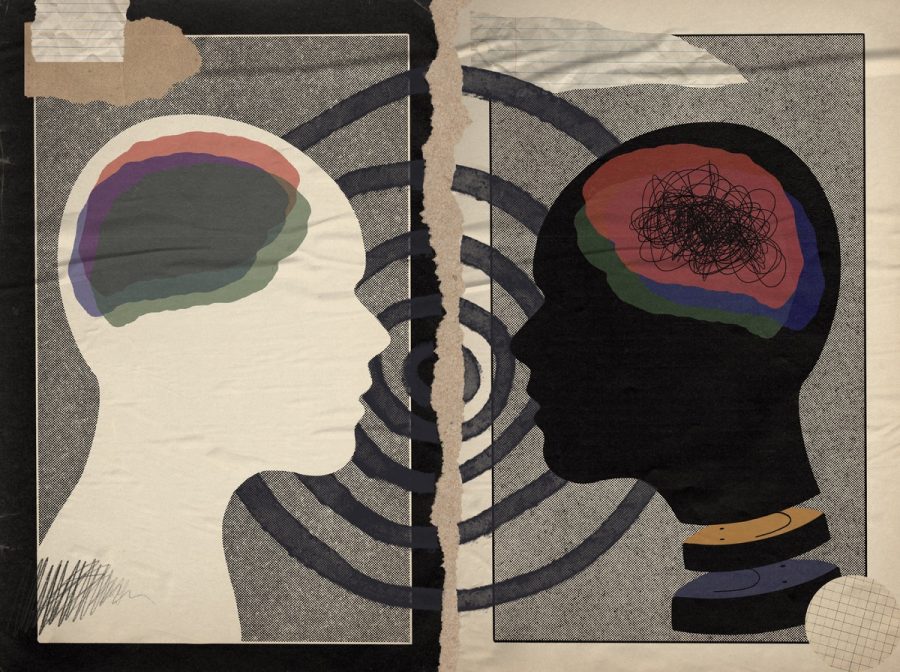UT, CMHC must meet needs of students
July 9, 2020
This year, Americans have confronted two deadly threats to our country: COVID-19 and racism. We are in unsettling and unprecedented times, and UT’s decision to have students return to campus in the fall means that, now more than ever, the University has an obligation to ensure the mental well-being of the student body.
As someone who was diagnosed with severe depression while at UT, I felt unseen by the University when I was not given care I needed. In February, before changes from COVID-19 were put in place, my father passed away. I reached out to UT’s Counseling and Mental Health Center about my urgent need for counseling. I vocalized my vulnerability, including the death of a loved one, my history of depression and my previous suicidal tendencies. I was told there was no space for me three times before I finally received recurring counseling.
The CMHC already has a reputation for being unable to meet the demand for recurring in-person counseling, and UT’s impending budget cuts could very possibly prevent the CMHC from meeting its goal to provide a safe space for students in these troublesome times.
It is essential that Interim President Jay Hartzell and his administration prioritize the needs of the student body and hire more long-term counselors to ensure the mental well-being of UT students.
Katy Redd, associate director for prevention, development and media relations for the CMHC, said the CMHC is still working on fall plans but are providing telecom services for the summer, including therapy, psychiatric care and group counseling. Three new counseling groups were added to help students cope with COVID-19. Redd said that because counselors can work remotely, they are trying to accommodate students with availability outside of CMHC hours.
“We know right now is a really hard time for people’s mental health, and we’re ready to meet that need,” Redd said.
When asked about why the CMHC has not hired enough counselors to meet the needs of students, Redd said that the CMHC provides a short-term clinical model, with some exceptions, for their services. Redd said that demand for CMHC services increases every year.
Corporate communications senior Alyssa Martinez and neuroscience sophomore Caroline Thomas are the co-directors of the Mental Health Agency of Student Government. Martinez and Thomas said they are hoping to work on advocacy, inclusivity and transparency outside of the CMHC to decrease the stigma around mental health on campus.
Thomas said the Mental Health Agency is committed to being adaptable and listening to student concerns.
Martinez said that transparency will be key when students return to campus in order to make students aware of the resources that they will have access to.
Jeremiah Baldwin, a government and African and African Diaspora studies sophomore, has received CMHC resources and is focused on mental health advocacy work through other organizations. Baldwin connects African American students to mental health resources through programs and workshops as the director of policy engagement for Afrikan American Affairs.
“CMHC could do a better job of working towards more representation in counselors,” Baldwin said.
In the fall, many students will struggle with coming to terms with the state of public health and racism in the country. Despite many universities choosing not to hold in-person classes, UT made a conscious decision to open up campus, and that decision comes with an obligation to ensure students’ mental health needs are met. That means not only hiring more counselors but also making sure those counselors are diverse and trained in working with students facing a variety of issues.
The new administration, led by Interim President Jay Hartzell, has a chance to expand and diversify the operations of the CMHC to better serve students. UT reopened campus for the fall, and they must follow through by ensuring that students are more than the tuition they pay.
Hunter is a radio-television-film and anthropology senior from Houston, Texas.











